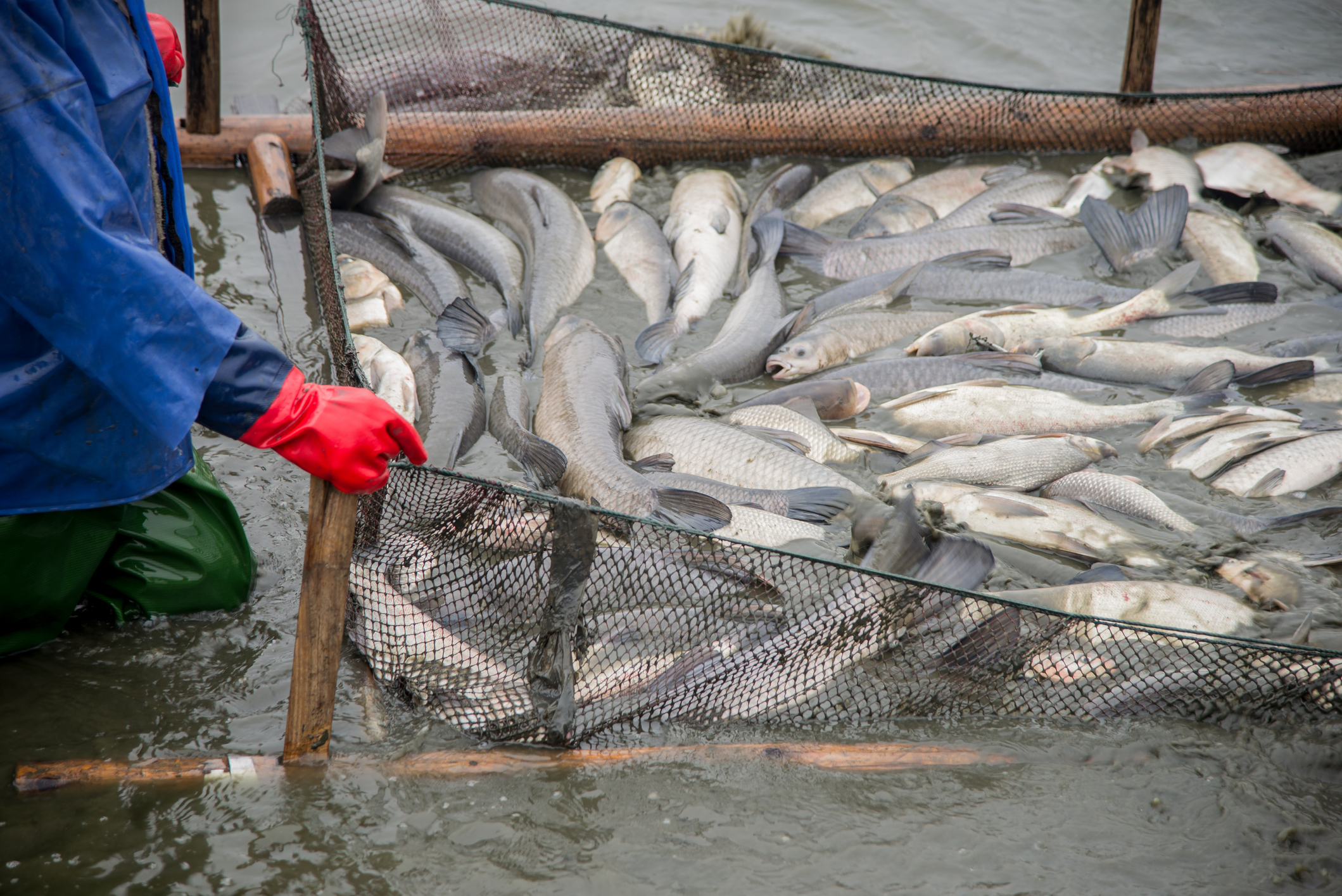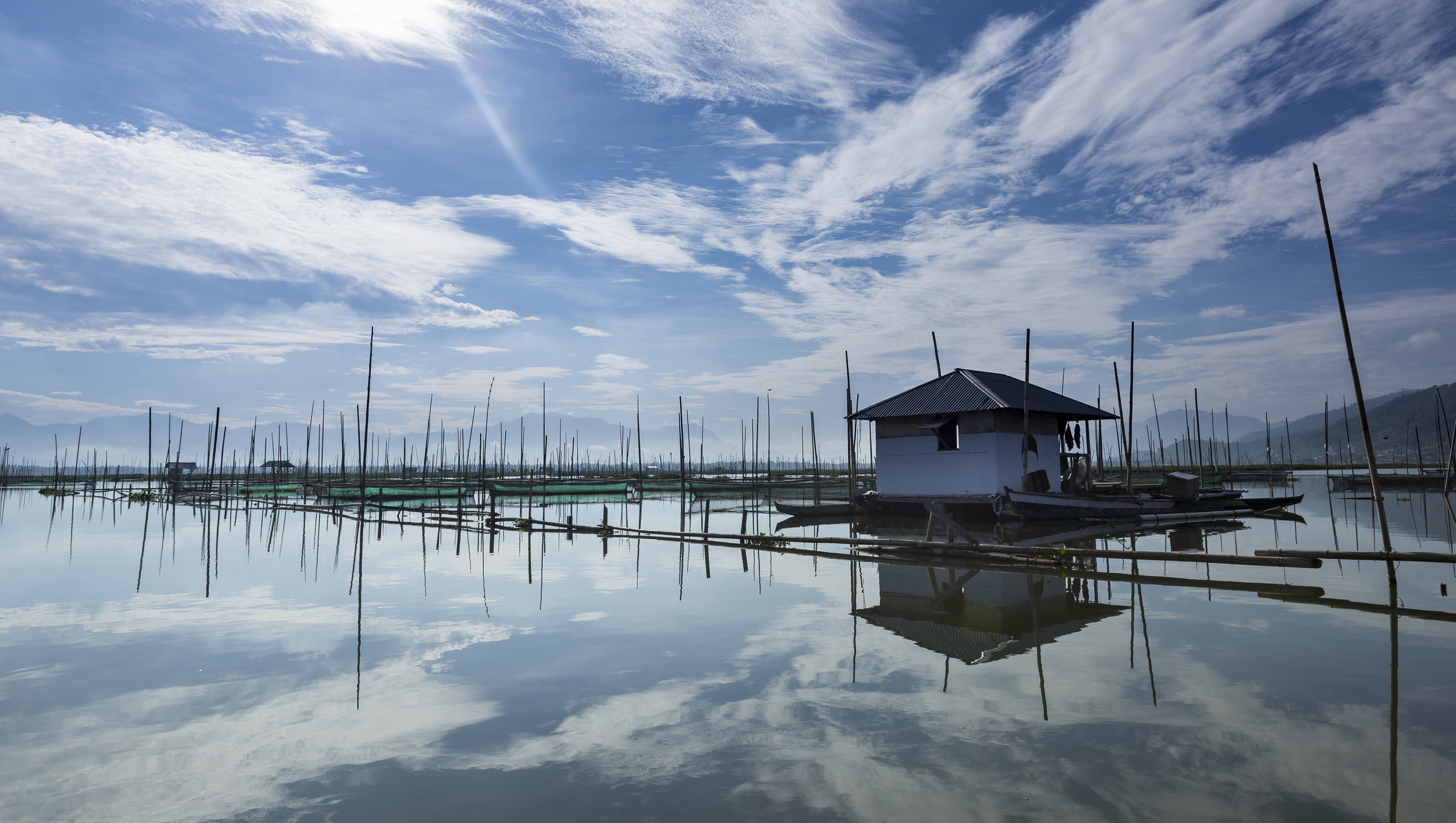Aquaculture is recognized as a significant source of high-quality nutrients and plays a key role in contributing to several of the United Nations Sustainable Development Goals (SDGs) for 2030. As the demand for aquatic food-producing animals continues to rise, the aquaculture industry is expanding and intensifying. This growth presents challenges related to the health and welfare of cultured aquatic animals, as well as pressures on the aquatic environment.
New diseases in aquatic animals are constantly emerging, posing threats not only to aquaculture but also to fisheries and the broader environment. The emergence of these diseases can create significant challenges in terms of detection and early response, primarily due to uncertainties about their potential impact and limited epidemiological data to support decision-making.
In response to emerging disease threats of regional significance, various positive actions have been undertaken, such as technical assistance, regional information sharing, early dissemination of diagnostic methods, research coordination, and sharing of diagnostic materials. However, these responses are often ad hoc and inconsistently applied across different events.
To address these issues, the steering committee of Asia Pacific Aquatic Animal Health Network (AP AquaNet) initiated the project “Regional collaboration and utilization of WOAH scientific networks to support more effective responses to emerging diseases of aquatic animals.” This project developed a best practice guide to define responsibilities for collaborative actions among various stakeholders, including the World Organisation for Animal Health (WOAH), WOAH Members, Reference Center networks, and intergovernmental organizations. The guide also establishes thresholds for responses to outbreaks of emerging diseases.
The current phase of the project involves conducting a scenario-based emergency response exercise. This exercise aims to explore and refine collaborative actions to improve responses to emerging disease outbreaks of regional significance. It seeks to enhance the best practice guide, foster trust and collaboration among stakeholders, cultivate ownership of the guide, and identify additional needs to strengthen regional response capabilities. The project involves five phases: 2 preparatory workshops, scenario-based exercise, post-exercise workshop, and extension and adoption of guidelines phases.
The project’s goal is to explore collaborative actions to improve the response to an emerging disease outbreak of regional significance.
Objectives specific to the first preparatory workshop are:
1. Increased understanding about planning and conducting effective emergency responses for aquatic animal diseases.
2. Increase shared understanding about the challenges member countries face when responding to outbreaks of emerging diseases of regional significance.
3. Identify existing regional capabilities, networks or resources which could be deployed to support member country responses to emerging diseases of regional significance.
4. Strengthen collaboration among regional organisations, networks and Members to support preparedness to respond to emerging diseases of regional significance.
Date: 29 October 2024
Venue: Singapore
Participation: By invitation only
Group activity 1 – Identifying common themes of key strength and challenges to emergency response to emerging or transboundary diseases in aquatic animals
Group activity 2 – Identify existing regional capabilities, needs, and resources that could help in improving emergency response to diseases in aquatic animals
Workshop materials (bulk download link expires on 18-Dec-2024)

